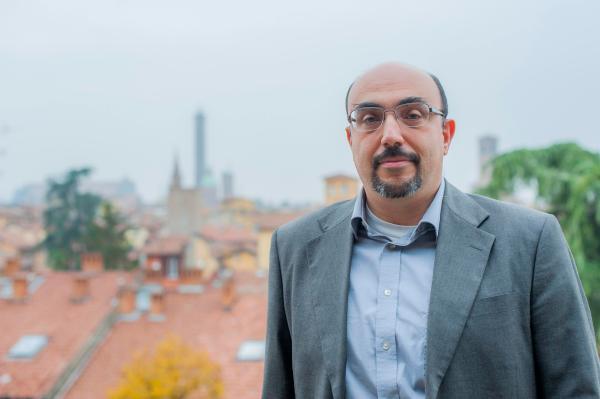Hva motiverer Russlands krig i og mot Ukraina?
Russlands fullskala invasjon av Ukraina er den viktigste begivenheten i Europa siden Sovjetunionens kollaps og uten tvil den store globale geopolitiske utviklingen siden 9/11.
What drives Russia’s violence in and against Ukraine?
Hovedinnhold
Arrangmentet holdes på engelsk
In Eugene Finkel’s recent book Intent to Destroy he uncovers the roots of the Russo-Ukrainian War. His main argument is that violence and repression are deeply rooted in the history of Russo-Ukrainian relations.
Since the mid-19th century, dominating Ukraine and denying Ukrainians an independent identity, let alone a state, has been the cornerstone of Imperial, Soviet and eventually, post-Soviet Russian policies.
More specifically, Finkel shows that Russian and Soviet policies were driven by two factors: identity and security. The idea of the shared origin and fraternity of Russians and Ukrainians is a staple of Russian self-perception and historiography.
The second key factor is security. Western powers often passed through Ukraine to attack Russia; Ukraine’s fertile soil was crucial to feeding and funding the Russian and Soviet Empires. Even more than geopolitics, it was regime stability that drove Moscow and St. Petersburg’s obsessive focus on Ukraine.
Nothing scares a Russian autocrat more than a democratic Ukraine, because if Ukrainians can build a democracy, then the supposedly fraternal Russian people might too. Thus, combined, identity, security, and the interaction between the two drive Russia’s policies towards Ukraine since the 19th century.
Eugene (Evgeny) Finkel is Kenneth H. Keller Professor of International Affairs at the Johns Hopkins University School of Advanced International Studies. He works at the intersection of political science and history. His research focuses on how institutions and individuals respond to extreme situations: mass violence, state collapse, and rapid change. Finkel's most recent book is Intent to Destroy: Russia's Two-Hundred-Year Quest to Dominate Ukraine (Basic Books, 2024).
This guest lecture wil be moderated by Professor Kyle Marquardt, Department of Comparative Politics at the University of Bergen.
